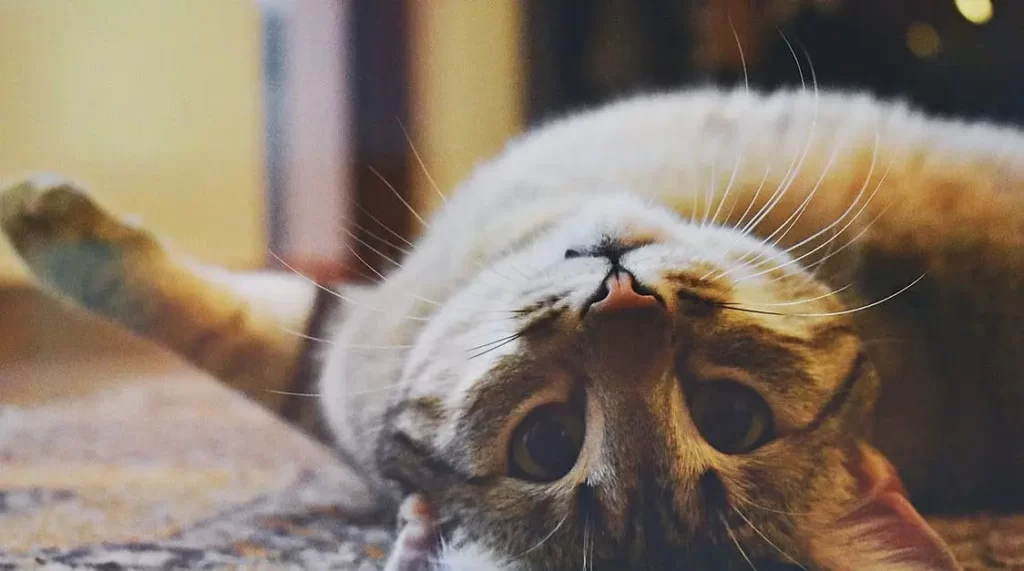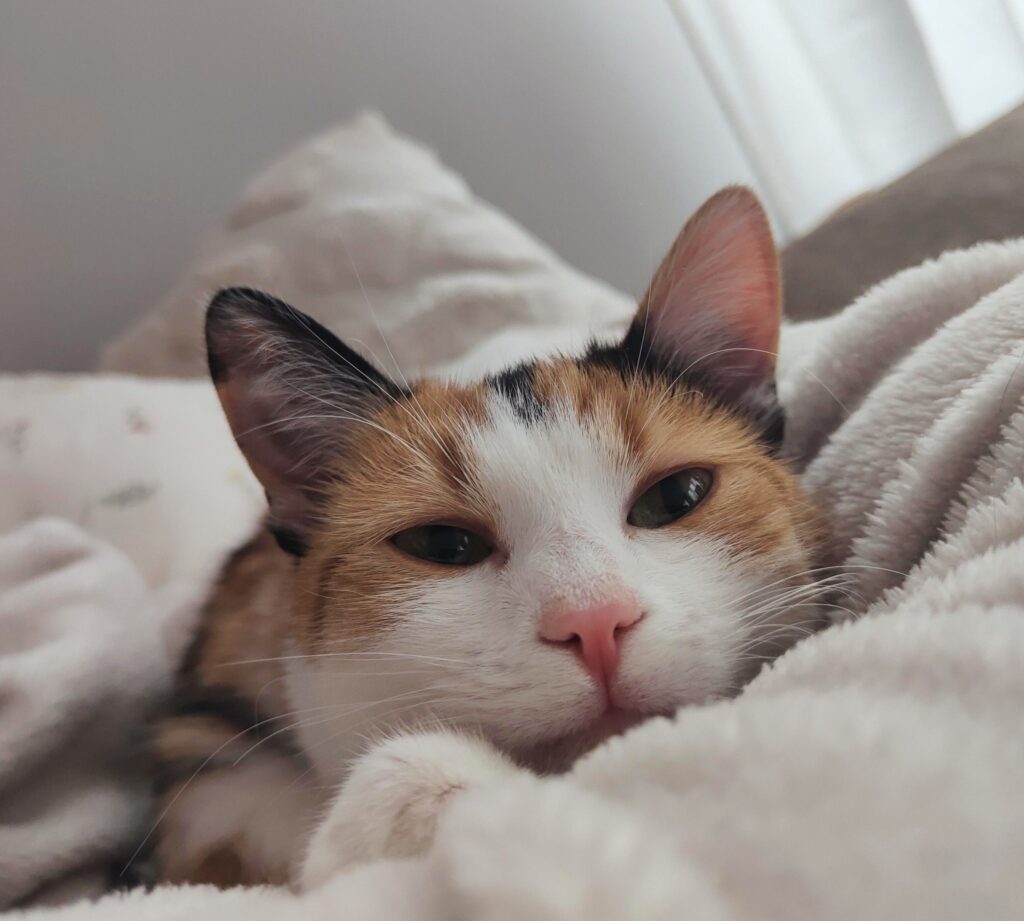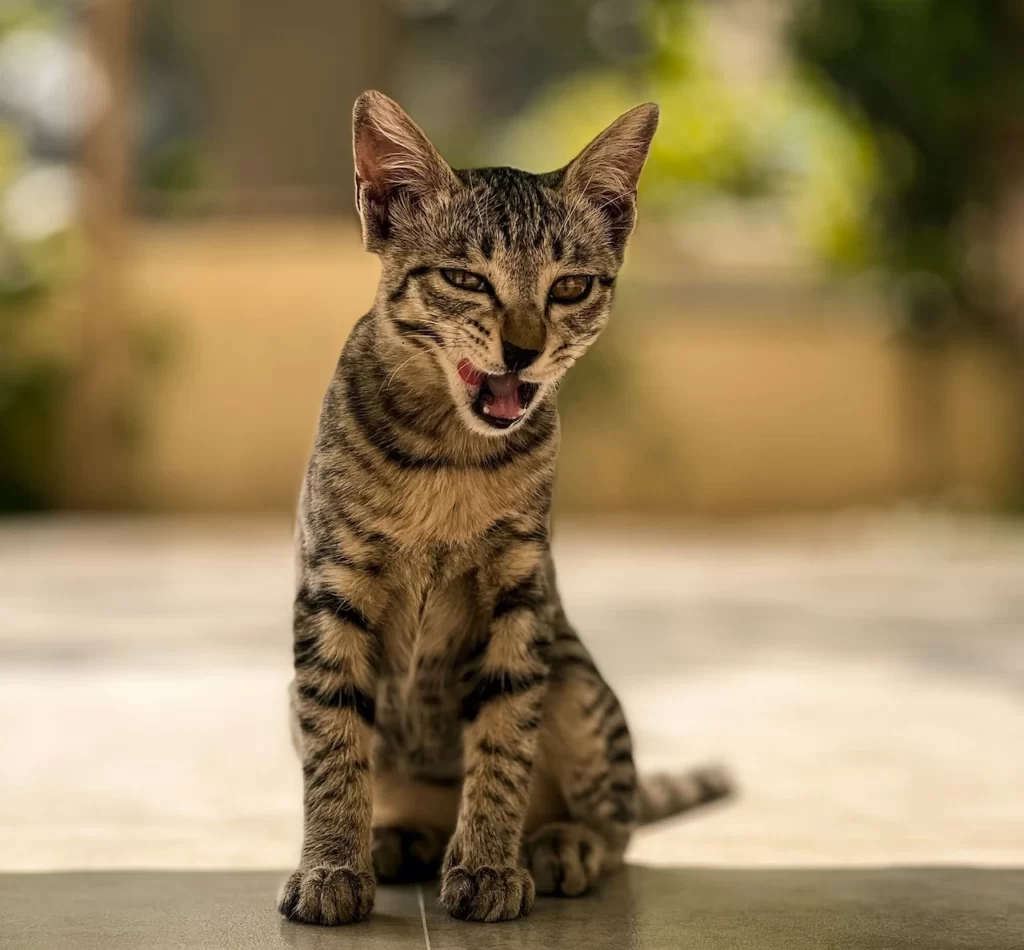Why Do Cats Huff and Puff?
Cats are known for their mysterious and often perplexing behaviors. One such behavior that cat owners may encounter is when their feline companions huff and puff.
If you’ve ever wondered Why Do Cats Huff and Puff? Cats may huff and puff as a way to communicate their annoyance, frustration, or excitement. It can be a vocalization expressing their emotions or a physical response when they exhale forcefully.
In this blog post, we’ll delve into the world of cat behavior and explore the various reasons behind their huffing and puffing.
What is cat huff and puff?
When cats “huff and puff,” it means they are making forceful exhales and sometimes hissing sounds. They do this when they are annoyed, angry, or feel threatened. It’s their way of showing their displeasure or warning others to stay away.
Cats may also accompany these sounds with flattened ears, dilated pupils, raised fur, or an arched back. It’s their form of communication when they’re not happy or feel threatened.
Why Do Cats Huff and Puff? Top 10 Reasons
Cats huff and puff for various reasons. While some of these behaviors may seem peculiar, they often have specific meanings or purposes. Here are ten possible reasons why cats might huff and puff:
1. Playful Behavior

Distinguishing between playfulness and other causes of huffing and puffing is important. Observe their body language, tail movement, and overall demeanor to determine if it’s part of their playful behavior.
2. Stress or Anxiety
Cats can experience stress and anxiety due to various factors such as changes in their environment, the presence of unfamiliar people or animals, or loud noises. When feeling uneasy, cats may huff and puff as a response to stress.

To help reduce stress in cats, provide them with a safe and quiet space, engage in interactive play sessions, and consider using calming techniques like pheromone sprays or diffusers.
3. Vocalization
Huffing and puffing can be a form of vocalization for cats. They may use it as a way to communicate their feelings or to get attention from their owners or other animals.

4. Frustration or annoyance
Cats may huff and puff when they are annoyed or frustrated. This behavior can occur when they are unable to reach something they desire or when their personal space is invaded.
5. Defensive behavior
If a cat feels threatened or cornered, it may huff and puff as a warning sign. This behavior is often accompanied by other defensive postures, such as arched back, puffed-up fur, and hissing.
6. Territorial marking
Cats have scent glands in their cheeks, and huffing and puffing can be a way for them to mark their territory by leaving their scent on objects or people.
7. Discomfort or pain
Cats might huff and puff if they are experiencing discomfort or pain. It can be an indication that something is bothering them, such as an injury, illness, or digestive issues.
8. Fear or Surprise
Cats may huff and puff when they are scared or startled. It’s a natural reflex to help them prepare for potential threats or to alert others to their presence.
9. Respiratory issues
In some cases, cats may huff and puff due to respiratory problems, such as asthma or allergies. If this behavior is accompanied by coughing, wheezing, or difficulty breathing, it’s essential to consult a veterinarian.
10. Age-related changes
Older cats may huff and puff more frequently due to age-related changes in their respiratory system or increased sensitivity to stressors. Regular check-ups with a veterinarian can help identify any underlying health issues.
Remember that individual cats may exhibit different behaviors, and it’s important to consider the context and overall health of the cat when interpreting their huffing and puffing.
Are Huff and Puffs a Medical Problem?
Yes, huffing and puffing in cats can sometimes be a result of medical causes. Here are a few medical conditions that may contribute to this behavior:
1. Respiratory issues: Cats with respiratory problems such as asthma, bronchitis, or upper respiratory infections may huff and puff as a result of difficulty breathing. These conditions can cause inflammation, narrowing of the airways, or excessive mucus production, leading to labored breathing.
2. Heart disease: Certain heart conditions, such as congestive heart failure, can cause fluid buildup in the lungs. This can make it difficult for cats to breathe properly and may result in huffing and puffing.
3. Pain or discomfort: Cats experiencing pain or discomfort, whether due to injuries, gastrointestinal issues, urinary tract problems, or other conditions, may exhibit huffing and puffing as a response. Pain can affect their breathing patterns and lead to this behavior.
4. Obesity: Overweight or obese cats may have difficulty breathing properly due to excess weight compressing their chest and diaphragm. This can lead to huffing and puffing, particularly after exertion or physical activity.
5. Allergies: Cats can develop allergies to certain substances, such as pollen, dust mites, or certain foods. Allergic reactions can cause respiratory symptoms, including huffing and puffing, as the cat tries to clear their airways.
If you observe huffing and puffing in your cat and suspect it may be due to a medical cause, it’s essential to consult with a veterinarian. They can perform a thorough examination, assess your cat’s overall health, and conduct any necessary tests to identify and address the underlying issue.
Frequently Asked Questions
Why do cats huff at each other?
. Cats huff at each other as a form of communication and to signal their intentions. It is a vocalization made by forcefully exhaling through their noses, often used to establish boundaries, express discomfort, or as a warning to other cats.
Why does My cat huff when I pick her up?
Cats are known for their independent nature, and some may simply prefer not to be held or lifted off the ground.
Why do male cats huff?
Male cats may huff or make sharp exhalation sounds for various reasons. One common cause is territorial behavior. Male cats are often more prone to marking their territory and defending it from perceived threats, including other animals or humans.
Conclusion
Decoding cat behavior is an ongoing journey that strengthens the bond between cat owners and their furry companions. Understanding why cats huff and puff can provide valuable insights into their emotional state and overall well-being.
.
By recognizing the potential causes behind huffing and puffing, such as stress, agitation, playfulness, or respiratory issues, we can better respond to our cats’ needs and provide appropriate care. Always pay attention to your cat’s body language, seek professional advice when necessary, and ensure a safe and enriching environment for your feline friend.
Remember, each cat is unique, and if you have concerns about your cat’s behavior or health, consulting with a veterinarian is always the best course of action.

